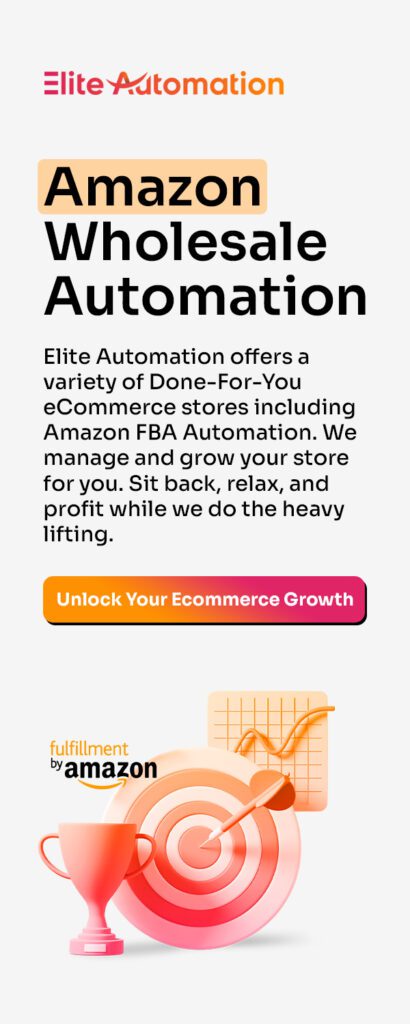Launching a private label product on Amazon can be a daunting task, especially for new sellers. However, adopting a collaborative approach can significantly enhance the process, making it more efficient and successful. This article will delve into the strategies and insights for a collaborative private label launch on Amazon, highlighting key steps and tips for success.
1. Understanding Collaborative Private Label Launch
A collaborative private label launch involves partnering with other entities such as manufacturers, marketing agencies, or other sellers to bring a new private label product to the Amazon marketplace. This collaboration can provide access to shared resources, expertise, and insights, making the launch process more streamlined and effective.
2. Selecting the Right Product
The foundation of a successful private label launch is selecting the right product. Conduct thorough market research to identify products with high demand and low competition. Utilize tools like Jungle Scout or Helium 10 to gather data on sales trends, customer preferences, and competitive landscape.
3. Partnering with Manufacturers
Building a strong relationship with a reliable manufacturer is crucial. Look for manufacturers who are experienced in producing similar products and are willing to collaborate on product development. Ensure clear communication regarding product specifications, quality standards, and timelines.
4. Developing a Brand Strategy
Your private label product should have a distinct brand identity. Work collaboratively to create a compelling brand name, logo, and packaging design that resonates with your target audience. Consider the emotional connection and the value proposition your brand offers.
5. Collaborative Marketing Efforts
Join forces with marketing professionals or agencies to develop a robust marketing strategy. Utilize a mix of Amazon PPC, social media marketing, email campaigns, and influencer partnerships to create buzz around your product launch.
6. Leveraging Amazon’s Tools
Make the most of Amazon’s tools like Fulfilled by Amazon (FBA), Amazon Brand Registry, and A+ Content to enhance your product’s visibility and credibility. These tools can significantly impact your product’s success on the platform.
7. Managing Inventory and Logistics
Collaborate with logistics experts to ensure efficient inventory management and fulfillment. This includes forecasting demand, managing stock levels, and optimizing shipping and handling processes.
8. Monitoring and Adjusting Post-Launch
After launching, closely monitor your product’s performance. Use Amazon analytics to track sales, customer feedback, and review ratings. Be prepared to make adjustments to pricing, marketing strategies, or even the product itself based on this feedback.
FAQs for Collaborative Private Label Launch on Amazon
Q: How do I find the right partners for a collaborative launch?
A: Network within seller communities, attend trade shows, or use online platforms to connect with potential partners who share your vision and goals.
Q: What are the key factors to consider when choosing a product for private labeling?
A: Consider market demand, profitability, competition, supplier reliability, and your ability to add value or differentiate the product.
Q: How important is branding for a private label product?
A: Branding is crucial as it sets your product apart and helps build customer loyalty. A strong brand can significantly impact your product’s long-term success.
Q: Can I use Amazon PPC for a new private label product?
A: Yes, Amazon PPC is an effective way to increase visibility and drive sales for new private label products.
Q: What should I do if my product isn’t performing as expected post-launch?
A: Analyze customer feedback and sales data to identify areas for improvement. Be agile and ready to implement changes to your product, pricing, or marketing strategy.
To sum everything up, a collaborative approach to launching a private label product on Amazon can offer numerous benefits, from shared expertise to resource optimization. By carefully selecting your product, building strong partnerships, and leveraging Amazon’s tools and resources, you can increase your chances of a successful and profitable product launch.



